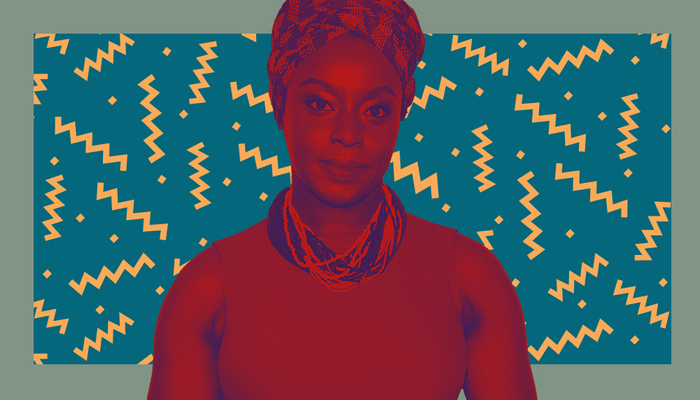
Source: Creative Services / iOne Digital
When a childhood friend of Chimamanda Ngozi Adichie reached out for advice on raising a feminist daughter, the best-selling author—widely known for the critically acclaimed Americanah and We Should All Be Feminists—responded with a book. Dear Ijeawele, or A Feminist Manifesto in Fifteen Suggestions, as the title suggests, relays fifteen bits of advice for new mothers. But Adichie’s advice, as a friend once said to her, “is not very Nigerian.” Instead, she chooses to approach motherhood in a similar fashion to the way she was raised, allowing children the freedom to be curious and inquisitive, while challenging 21st century sexual politics.
“In Nigeria – and, I think, in many cultures – you control children,” Adichie told The Guardian in March. “And I feel like, my daughter is 15 months, she doesn’t have a sense of consequences. And I enjoy watching her. So she tears a page of a book? Whatever. She throws my shoes down. So? It’s fun. I love that she’s quite strong-willed.”
Adichie, who became a mother last year, expounded her motherhood experiences during a recent TimesTalks with The New York Times’ Radhika Jones. In the spirit of Mother’s Day, we rounded up some of Adichie’s most moving quotes from the event about being a mom. You can watch Adichie’s TimesTalks appearance in full below.
1 “The love [has surprised me about motherhood]. Just the newness, the completeness, the wholesomeness of this love. It’s just a different thing from anything I’ve ever experienced in my life.”
2 “You know that you’re going to love your child but then the love happens and it’s overwhelming. If she has a diaper rash and she’s crying, I feel it.”
3 “In some ways I think the love [of motherhood] comes with a sense of helplessness because I want to protect her from everything and I realize I can’t. There’s something about it that makes you think about the world being this fragile place and everything being fragile. It makes things a bit more precious. It makes you want to be present.”
4 “I’m looking at [my daughter] discovering things. We’ll go to the playground and she picks up a wood chip and wants to put it in her mouth, and even that I just find ridiculous joy in! I’m like ‘She wants to eat the wood chip!’”
5 “Even just the idea of living in a feminist world, a fair world, a just world, has become suddenly so much more urgent to me because I’m thinking ‘This is the world she’s going to live in.’ And like my friend Ijeawele, I want my daughter’s life to be better than mine.”
















